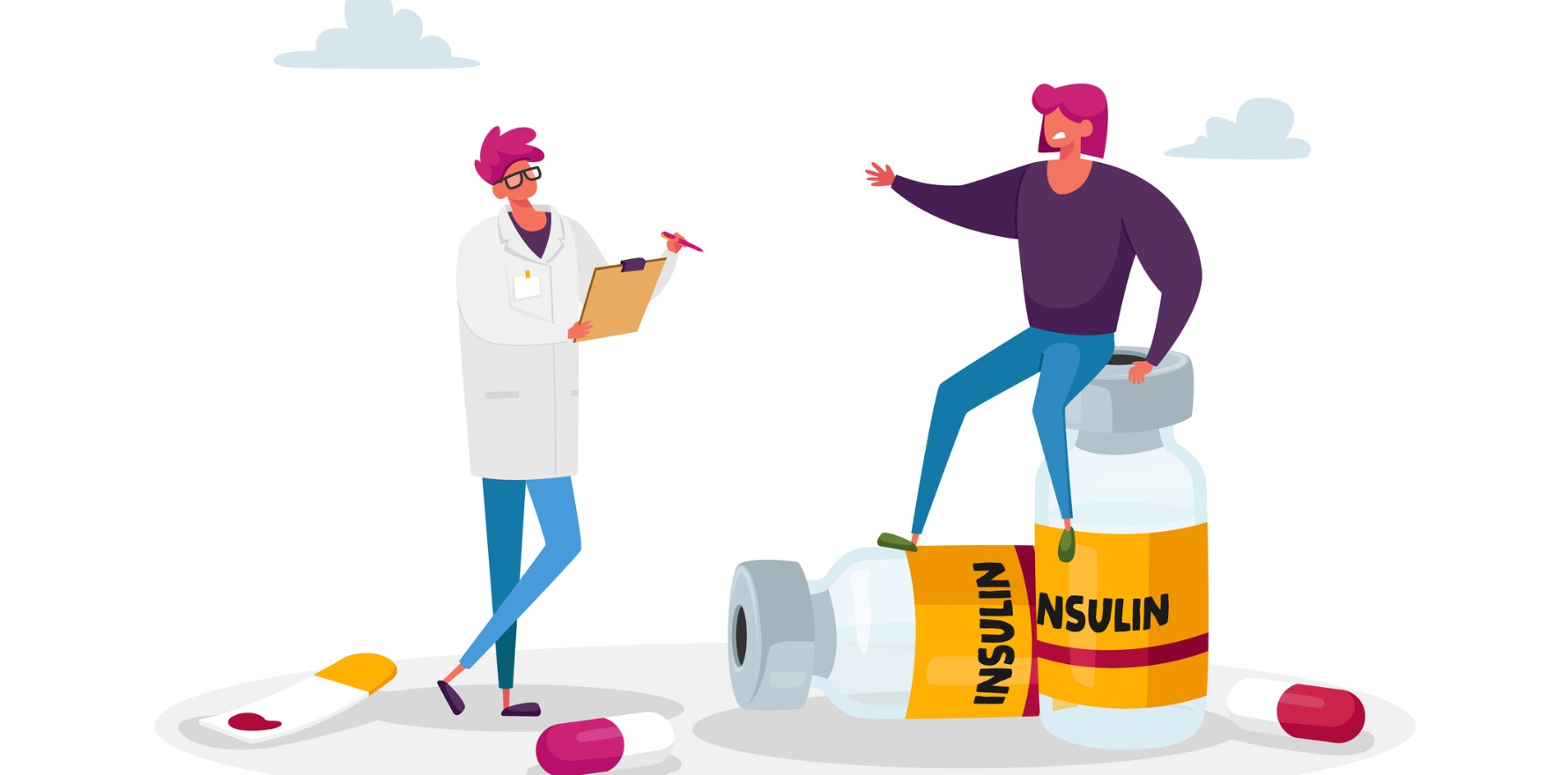GP involvement in CGM approval will be ‘a given’ if the diabetes inquiry recommendation to fund the tech for type 2 diabetics is taken up, says ADS president.
Subsidised access to continuous glucose monitors (CGMs) should be expanded to type 2 diabetics, alongside access to GLP-1s, the committee for the federal inquiry into diabetes has told the federal government.
The Commonwealth launched a parliamentary inquiry into diabetes – which currently affects around 1.5 million Australians, or 5.5% of the population – last May.
Yesterday, the inquiry released its long-awaited report, including 23 key recommendations covering everything from CGMs to the ACDC, and all the acronyms in between, to the delight of diabetes advocates across the board.
RACGP diabetes chair Dr Gary Deed welcomed the report’s focus on prevention and called on the government to invest in combatting the disease.
“We know that the evidence shows that we can prevent and better manage this condition, but I don’t see it matched by any foresight or appropriate policy maker and health economics approach to better fund this threat,” Dr Deed told The Medical Republic.
“It’s a bigger threat to the Australian population than any ill-defined overseas threat, requiring billions of dollars in nuclear submarines.”
Australian Diabetes Society CEO Professor Sof Andrikopoulos told TMR that, for him, the recommendations on access to pharmacotherapy and technology were some of the standouts.
“There’s two recommendations on GLP-1s, which shows that the committee clearly saw the benefit [of these pharmacotherapies] and then the frustration due to the unavailability,” he said.
The inquiry suggested that, subject to PBAC support, eligibility criteria for GLP-1 receptor agonists – which shot to fame in the form of Ozempic – should be expanded, especially for high-risk patients.
The committee also recommended that an emphasis be put on improving the supply, particularly for disadvantaged and remote communities.
Dr Deed said that a recent examination of the cost of GLP-1s flagged concerns over stretching the health dollar to fund these therapies for more indications, such as for all people with obesity.
“I don’t dismiss that [GLP-1s] are part of a multi-pronged approach to managing the risk of obesity, let alone managing diabetes … but how we get down to the nitty gritty of sustainable and equitable funding is a problem,” he said.
Dr Deed agreed that increasing access may need to be an iterative process and should be improved by access to cheaper generic GLP-1s.
The committee also recommended expanding access to CGMs.
Currently, CGMs are only subsidised for patients with type 1 diabetes, but for patients over 21 without a healthcare card there is a co-payment cost.
The committee recommended removing all access barriers to patients with type 1 diabetes and expanding eligibility for subsidies to type 3c, gestational diabetes and type 2 diabetes patients requiring an insulin pump, prompting questions over the cost.
According to Professor Andrikopoulos, the number of type 3c, and gestational diabetes patients – 45,000 at any one time – were not substantial.
“Now, when you look at type 2 diabetes, on the NDSS there are around 300,000 people who are using insulin in Australia.
“That’s quite a large number, but not all of those would have high clinical need [for a CGM].”
Professor Andrikopoulos suggested that CGM access should be iteratively increased, starting with those who are using insulin intensively, such as those on a basal bolus regimen or using co-formulated insulin.
“Then I think we would then get a much smaller number that would be manageable from a costing perspective,” he said.
“Ideally, every person with diabetes should [eventually] have the choice of accessing a CGM.”
General practice advocates have long pushed for GPs to be allowed to sign off on CGM access, which is only currently available for veterans.
While the inquiry report didn’t make direct mention of this, Professor Andrikopoulos said if access to CGMs was expanded to patients with type 2 diabetes, it would be “a given” that GPs would be involved.
Dr Deed said it would be a “policy decision that’s without any negative downsides”.
“It’s a no-brainer that GPs should be allowed to provide care for patients with type 1 and type 2 diabetes requiring access to electronic CGMs and barriers should be removed.”
Diabetes Australia CEO Justine Cain added her voice to the support of these “critically important” technologies.
“We have been calling for subsidised access to CGM for people living with type 2 diabetes, particularly people using insulin and other vulnerable groups such as pregnant women, people under 21, and Aboriginal and Torres Strait Islander people,” Ms Cain said.
The committee also suggested the government explore gradually expanding access to subsidised insulin pumps for all type 1 diabetics, starting with expanding from under 21s to under 40s.
“There’s only about 300 or 400 pumps per year that are accessible through the insulin pump program and clearly that’s not enough,” said Professor Andrikopoulos.
He said that cost – which was around $8500 over four years – was unlikely the barrier to implementation, but rather ensuring equitable access as some patients were already accessing pumps through private health insurance.
Related
RACGP Chair Dr Lara Roeske championed the report’s recommendations to increase equity of diabetes health care through better MBS subsidies for longer appointments.
“There should be investment in programs that support GPs to engage at risk people in their communities.
“Other innovative services that encourage healthy lifestyles, such as the RACGP Healthy Habits app and social prescribing also need support, and supporting multidisciplinary teams within general practice would also improve care.
The report also recommended improving access to bariatric surgery through the public health system.
Dr Deed said he was “eternally hopeful” that the recommendations would be enacted, as a lot of what was embedded in the inquiry reflected strategies in the National Diabetes Strategy.
“There’s been enough talk-fests, enough examination … we just need people to step up and actually make a difference,” he said.





